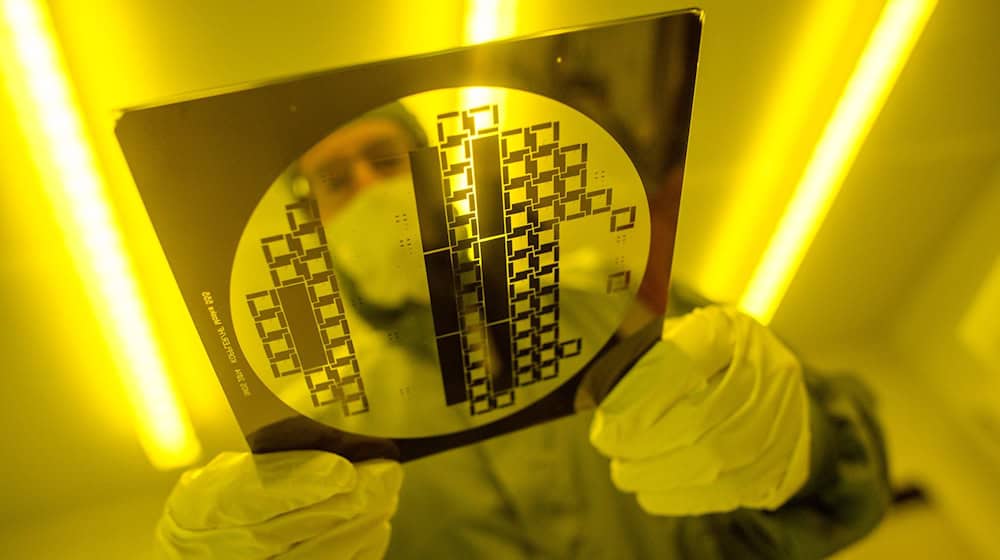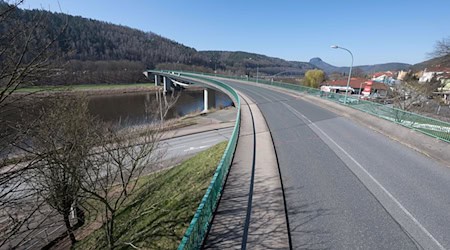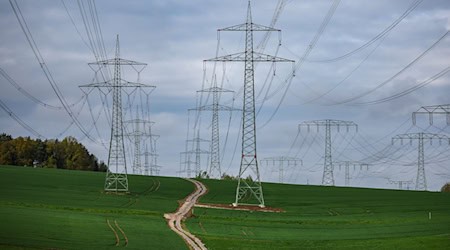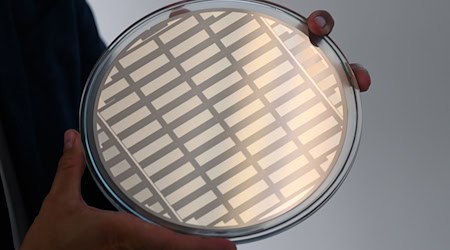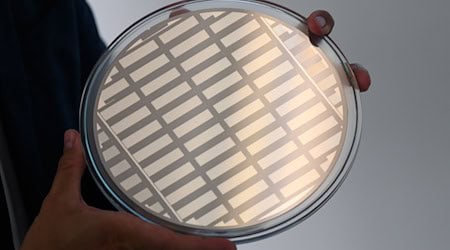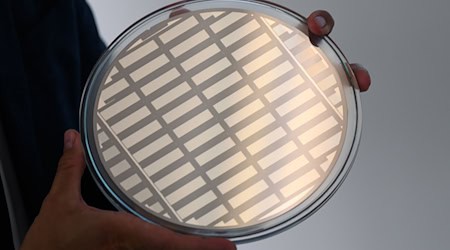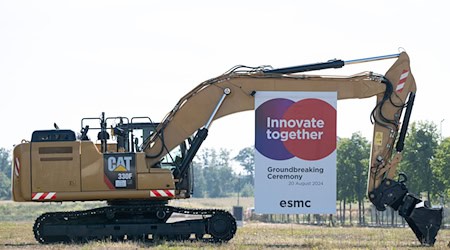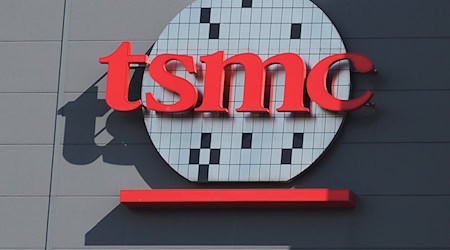The first plant of the Taiwanese semiconductor company TSMC in Europe is taking shape. With the symbolic ground-breaking ceremony on Tuesday in the presence of German Chancellor Olaf Scholz (SPD), an important project of the European Chip Act will also be launched. To this end, TSMC is entering into a joint venture with Bosch, Infineon and NXP Semiconductor, which are already active in Dresden. TSMC is to hold 70 percent of the joint venture, with the other partners each holding ten percent. It will be called the European Semiconductor Manufacturing Company (ESMC). Production is scheduled to begin in 2027. The focus will be on chips for the automotive industry. The investment sum is ten billion euros, half of which is to come from the state. A total of 2,000 new jobs are to be created.
ESMC President: Something really big is beginning
"The ground-breaking ceremony is not the end of something, but the beginning of something really big," said ESMC President Christian Koitzsch. The project is embedded in the European microelectronics strategy. The Chips Act has set itself the goal of strengthening microelectronics production. The company not only has a strong technological parent in TSMC, but also very strong local partners in Bosch, Infineon and NXP Semiconductor. They have been successfully working with TSCM for many years as the world's largest contract manufacturer of silicon microelectronics - especially in sectors that are strong in Europe, such as the automotive industry.
The EU's Chips Act aims to strengthen the entire system. That is why ESMC will also offer a so-called University Outreach Program, the manager emphasized. Doctoral students of the future could develop their chip designs at the TSMC technology node and have the corresponding prototypes manufactured in Dresden. The same applies to the start-up community. They will also benefit from ESMC bringing a state-of-the-art factory to Dresden.
New chip plant aims to make careful use of natural resources
"TSMC has done a great deal in recent decades to make very efficient use of natural resources due to Taiwan's island location and the importance of microelectronics. Microelectronics is energy-intensive and water-intensive. TSMC is doing very well in global competition in both areas. We use natural resources very carefully," said Koitzsch. The plant in Dresden could also benefit from these standards. It will be operated with green energy, similar to what is already being done at the plants in the US state of Arizona and in Japan.
According to Koitzsch, the entire microelectronics value chain needs to be strengthened. "Europe needs to catch up, not only in terms of production, but also in the upstream stages of the value chain." This is not limited to Saxony and Germany, but is a European task. "I have no doubt that our neighboring countries Poland and the Czech Republic will also benefit from this." During a recent visit to Saxony, Czech Prime Minister Petr Fiala expressed the hope that his country would also be able to make a contribution. It is not a question of sending workers to Dresden as commuters, but of integrating Czech companies into supply chains, for example.
European world market share of chips to double
With the "European Chips Act", the EU aims to generate around 45 billion euros for European microelectronics by 2030. Research and pilot projects should benefit from this, as should start-ups. The construction of so-called megafabs for the production of microchips is also planned. The aim is to double Europe's current ten percent share of the global market. The European chip law is also expected to generate additional public and private investment of more than 15 billion euros.
Copyright 2024, dpa (www.dpa.de). All rights reserved

